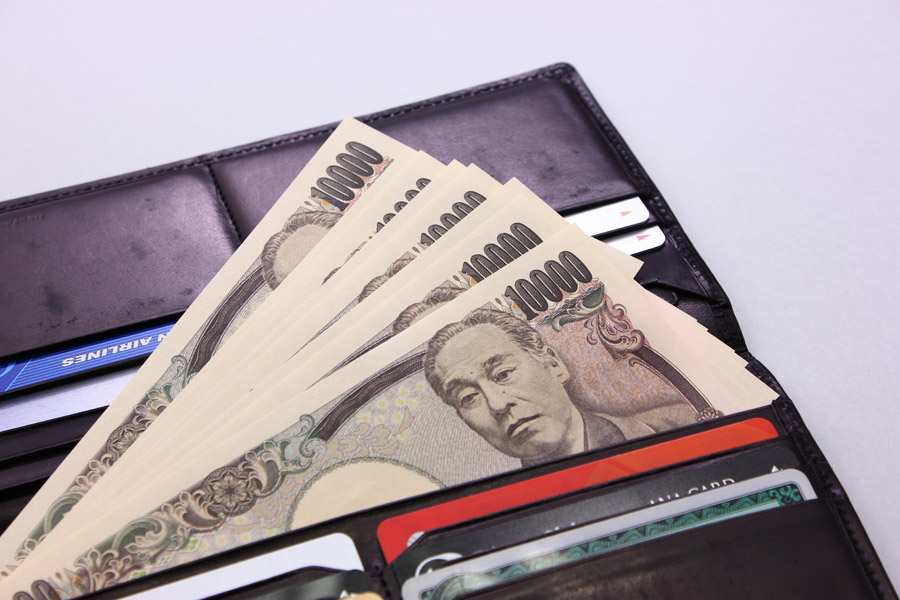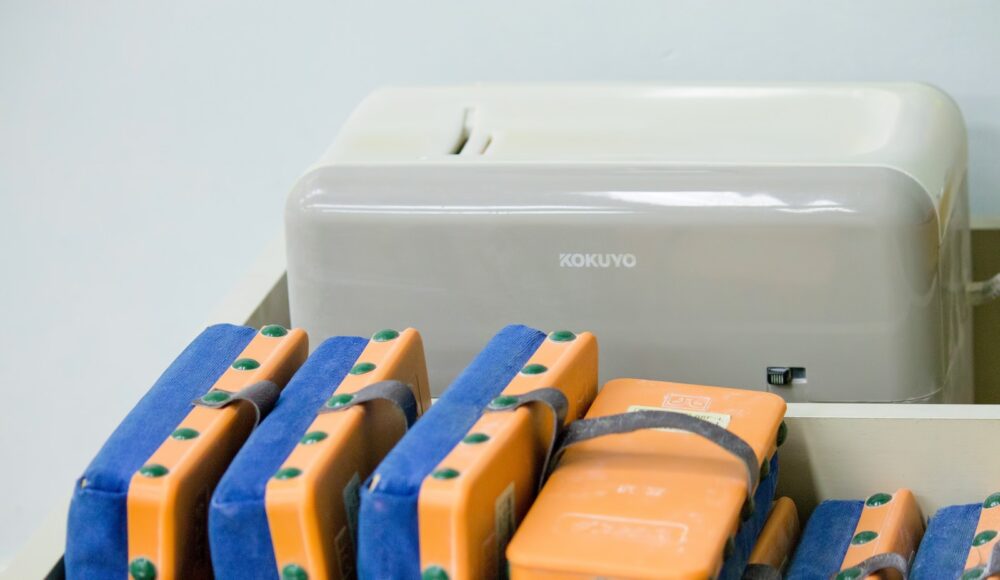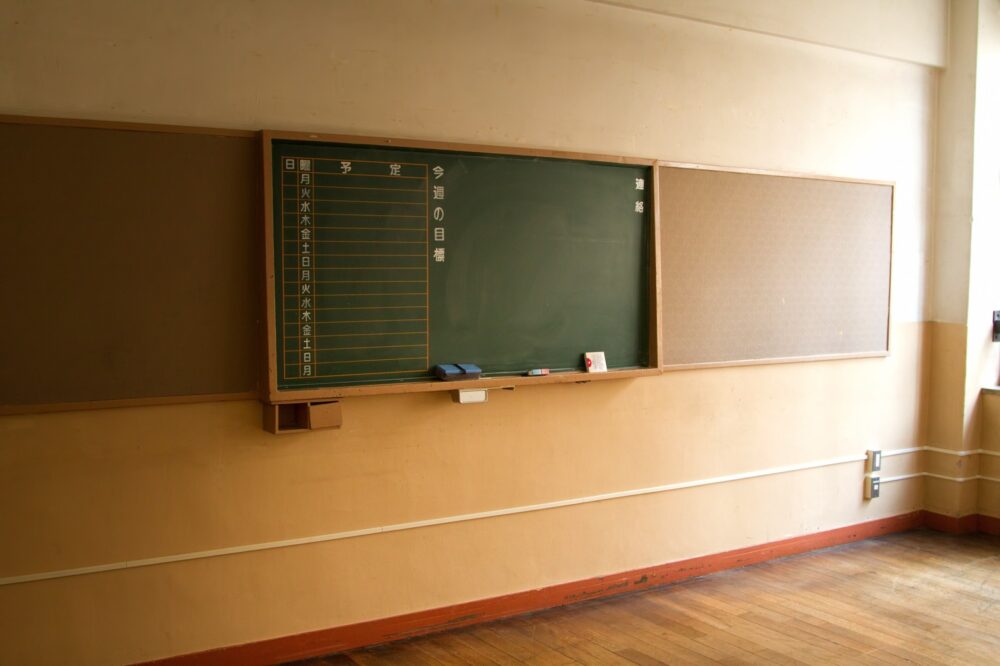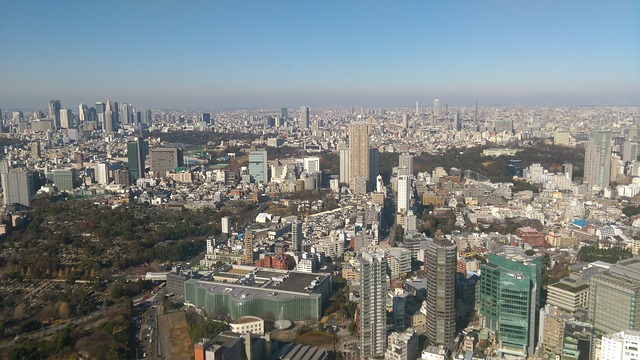英語で日本紹介!PART2【経済・教育・日常生活】海外旅行や国内で、簡単フレーズまとめ

前回に引き続き、英語で<日本を紹介>シリーズです!
さて今回は、日本の
- 経済
- 教育
- 日常生活
について。皆さまにとって需要がありますように٩( ᐛ )و
前回はこちら↓
英語で日本紹介!PART1【文化・歴史・地理】海外旅行や国内で、簡単フレーズまとめ
- 1. 1. 日本の<経済>を紹介
- 1.1. 1-1. Japan is closely tied to the U.S. economically.
- 1.2. 1-2. Japan depends on foreign countries for its most of the major resources.
- 1.3. 1-3. Prices are very high in Japan.
- 1.4. 1-4. The Japanese GDP is the third highest in the world following the China.
- 1.5. 1-5. Land prices are so high in Japan that it’s hard to own a house.
- 1.6. 1-6. The Japanese currency is the Yen.
- 1.7. 1-7. The number of Japanese traveling abroad has increased because of the high yen.
- 2. 2. 日本の<教育>を紹介
- 2.1. 2-1. Elementary and junior high education are compulsory in Japan.
- 2.2. 2-2. The Japanese educational system follows a 6 – 3 – 3 formula.
- 2.3. 2-3. Many children go to prep schools to study for entrance exams.
- 2.4. 2-4. The entrance exam system is so severe that we have an expression “entrance exam war".
- 2.5. 2-5. Most junior and senior high schools have their several uniforms.
- 2.6. 2-6. It’s said that Japanese society emphasizes academic background.
- 3. 3. 日本の<日常生活>を紹介
- 3.1. 3-1. Many Japanese salaried men frequently work until late at night.
- 3.2. 3-2. Japanese salaried men are too busy to take long vacations.
- 3.3. 3-3. Japanese salaried men frequently enjoy after work drinks.
- 3.4. 3-4. Shoes are to be taken off at the front door in Japan.
- 3.5. 3-5. Japanese life style is a great mixture of Eastern and Western cultures.
- 4. 4. 日本について聞いてみる(おまけ)
- 5. まとめ
1. 日本の<経済>を紹介
1-1. Japan is closely tied to the U.S. economically.
(日本は経済的にアメリカと深い関わりがあります。)

「be tied to 〜」=「〜と関係している」という意味です。
1-2. Japan depends on foreign countries for its most of the major resources.
(日本は主要資源の大部分を海外に頼っています。)

1-3. Prices are very high in Japan.
(日本の物価は非常に高いです。)
タイに行った時の物価は激安だったな〜(特にタクシー٩( ᐛ )و)
1-4. The Japanese GDP is the third highest in the world following the China.
(日本のGNPは、世界では中国に次いで第3位です。)
※2021年度 調査.
- 1位:アメリカ
- 2位:中国
- 3位:日本
(ちなみに、昔は日本が2位だったのですが、中国に抜かされてしまいました…。)
1-5. Land prices are so high in Japan that it’s hard to own a house.
(日本では地価が高いので、なかなか家が建てられません。)

「land price(s)」= 「地価」という意味です。
1-6. The Japanese currency is the Yen.
(日本の通過の単位は円です。)

1-7. The number of Japanese traveling abroad has increased because of the high yen.
(円高になって、海外旅行をする日本人が増えました。)

2. 日本の<教育>を紹介
知識として、ぜひ知っておきましょう!
2-1. Elementary and junior high education are compulsory in Japan.
(日本では、小学校と中学校が義務教育です。)

「compulsory(コンポーソリィ)」 = 「強制的な、無理強いの」という意味です。
2-2. The Japanese educational system follows a 6 – 3 – 3 formula.
(小学校6年、中学校3年、高等学校3年が、日本の教育制度の基本です。)

「formula」= 「決まったやり方」という意味です。
2-3. Many children go to prep schools to study for entrance exams.
(多くの子どもたちが、受験のために塾で勉強をします。)

「prep school(s)」= 「予備校」や「塾」という意味です。
2-4. The entrance exam system is so severe that we have an expression “entrance exam war".
("受験戦争"と言われるほど、厳しいのが日本の入試です。)

2-5. Most junior and senior high schools have their several uniforms.
(たいていの中学、高校では制服が決められています。)

2-6. It’s said that Japanese society emphasizes academic background.
(日本は、学歴社会と言われています。)

「academic background」 = 「学歴」という意味です。
3. 日本の<日常生活>を紹介
主に、日本のサラリーマンについてです( ^ω^ )サラリーマンの方は必読です!
3-1. Many Japanese salaried men frequently work until late at night.
(夜遅くまで残業をする日本のサラリーマンは少なくありません。)

3-2. Japanese salaried men are too busy to take long vacations.
(忙しい日本のサラリーマンは、なかなか長い休暇をとる事ができません。)

3-3. Japanese salaried men frequently enjoy after work drinks.
(日本のサラリーマンは、よく会社帰りに一杯やります。)

3-4. Shoes are to be taken off at the front door in Japan.
(日本では、家にあがるときは、靴を脱ぎます。)
3-5. Japanese life style is a great mixture of Eastern and Western cultures.
(日本人の生活様式は、和洋折衷と混在しています。)
4. 日本について聞いてみる(おまけ)
今度は、日本の事についてヒヤリングをするために、
様々なフレーズを使用してみましょう!!

4-1. Do you know anything about Japan?
(日本について何かご存知ですか?)
4-2. Do you know where Japan is located?
(日本はどこにあるか知っていますか?)
4-3. Have you been to Kyoto?
(京都に行ったことがありますか?)
4-4. What image do you have of Japan?
(日本についてどんなイメージをお持ちですが?)
4-5. Do you have any questions about Japan?
(日本について何か聞きたいことはありませんか?)
まとめ
日本の<経済>を紹介
- Japan is closely tied to the U.S. economically.(日本は経済的にアメリカと深い関わりがあります。)
- Japan depends on foreign countries for its most of the major resources.(日本は主要資源の大部分を海外に頼っています。)
- Prices are very high in Japan.(日本の物価は非常に高いです。)
- The Japanese GDP is the third highest in the world following the China.(日本のGNPは、世界では中国に次いで第3位です。)
- Land prices are so high in Japan that it’s hard to own a house.(日本では地価が高いので、なかなか家が建てられません。)
- The Japanese currency is the Yen.(日本の通過の単位は円です。)
- The number of Japanese traveling abroad has increased because of the high yen.(円高になって、海外旅行をする日本人が増えました。)
日本の<教育>を紹介
- Elementary and junior high education are compulsory in Japan.(日本では、小学校と中学校が義務教育です。)
- The Japanese educational system follows a 6 – 3 – 3 formula.(小学校6年、中学校3年、高等学校3年が、日本の教育制度の基本です。)
- Many children go to prep schools to study for entrance exams.(多くの子どもたちが、受験のために塾で勉強をします。)
- The entrance exam system is so severe that we have an expression “entrance exam war".("受験戦争"と言われるほど、厳しいのが日本の入試です。)
- Most junior and senior high schools have their several uniforms.(たいていの中学、高校では制服が決められています。)
- It’s said that Japanese society emphasizes academic background.(日本は、学歴社会と言われています。)
日本の<日常生活>を紹介
- Many Japanese salaried men frequently work until late at night.(夜遅くまで残業をする日本のサラリーマンは少なくありません。)
- Japanese salaried men are too busy to take long vacations.(忙しい日本のサラリーマンは、なかなか長い休暇をとる事ができません。)
- Japanese salaried men frequently enjoy after work drinks.(日本のサラリーマンは、よく会社帰りに一杯やります。)
- Shoes are to be taken off at the front door in Japan.(日本では、家にあがるときは、靴を脱ぎます。)
- Japanese life style is a great mixture of Eastern and Western cultures.(日本人の生活様式は、和洋折衷と混在しています。)
日本について聞いてみる(おまけ)
- Do you know anything about Japan?(日本について何かご存知ですか?)
- Do you know where Japan is located?(日本はどこにあるか知っていますか?)
- Have you been to Kyoto?(京都に行ったことがありますか?)
- What image do you have of Japan?(日本についてどんなイメージをお持ちですが?)
- Do you have any questions about Japan?(日本について何か聞きたいことはありませんか?)

いかがでしたでしょうか?
今回は、外国と日本の違いについてご紹介させていただきました。
もっと日本の事を知ってもらって、お互いの友好関係を深めていきましょう!٩( ᐛ )و
























ディスカッション
ピンバック & トラックバック一覧
[…] 次回は日本の【経済・教育・日常生活】をご紹介したいと思います!お楽しみに〜( ^ω^ ) […]